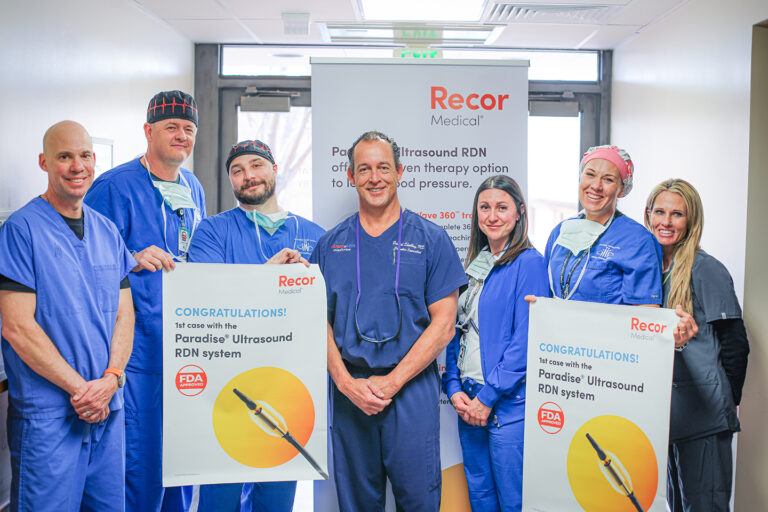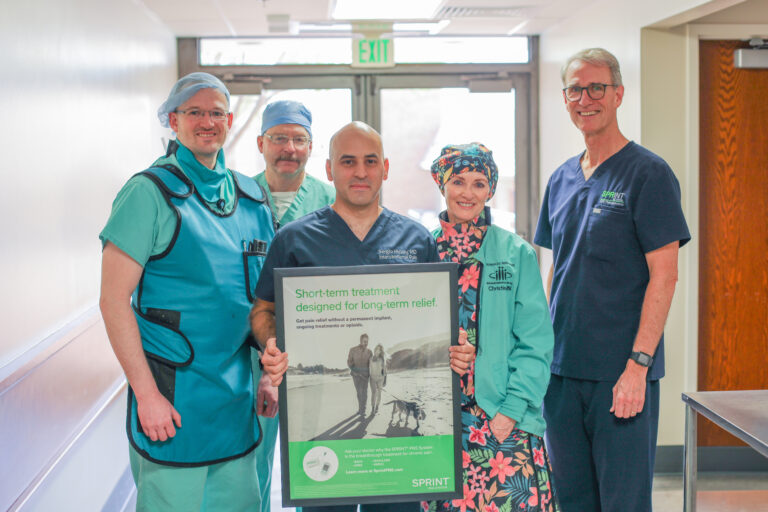
Glaucoma: The Silent Thief
Glaucoma is often called the “silent thief” of sight because half of the people affected by this eye disease do not know they have it. Undetected, glaucoma can lead to vision loss and, eventually, blindness. But vision loss can be slowed and even prevented if it is caught early, and treatment may be as simple as eye drops to relieve eye pressure.
Since January is National Glaucoma Awareness Month, Dr. John Fornarotto—ophthalmologist at Bingham Memorial’s Idaho Physicians Clinic—sheds some light on glaucoma.
WHAT IS GLAUCOMA?
“As people age, their eyes go through changes,” says Dr. Fornarotto. “Although the most common forms primarily affect the middle-aged and the elderly, glaucoma can affect people of all ages.”
Glaucoma is a complicated disease. It damages the optic nerve which sends visual information from the retina to the brain, and glaucoma can lead to progressive, irreversible vision loss. Currently, more than 2.7 million people in the United States over age 40 have glaucoma. The National Eye Institute projects this number will reach 4.2 million by 2030, a 58 percent increase.
Glaucoma is the second leading cause of blindness, but can be prevented if people are screened regularly.
GETTING SCREENED IS EASY
“Be sure to get an eye exam once a year, especially if you are 60 or older or have a family history of glaucoma,” says Dr. Fornarotto. “If you have diabetes or other health problems, ask your doctor how often to have your eyes checked.”
Screening tests are quick and painless. Eye drops dilate your eye so your doctor can see inside. The doctor examines the optic nerve for signs of damage from elevated eye pressure due to fluid buildup. A “puff” test checks eye pressure by measuring the eye’s resistance to air, while other tests check your peripheral vision and the thickness of your cornea, both also affected by elevated eye pressure.
“If you have trouble seeing, it’s smart to see an eye doctor,” says Dr. Fornarotto. “But even if your eyes feel fine, an eye doctor might spot serious problems.” Not only does a checkup test your vision, but it also screens for problems such as age-related macular degeneration and glaucoma. Both can strike gradually with virtually no warning and cause irreversible vision loss.



